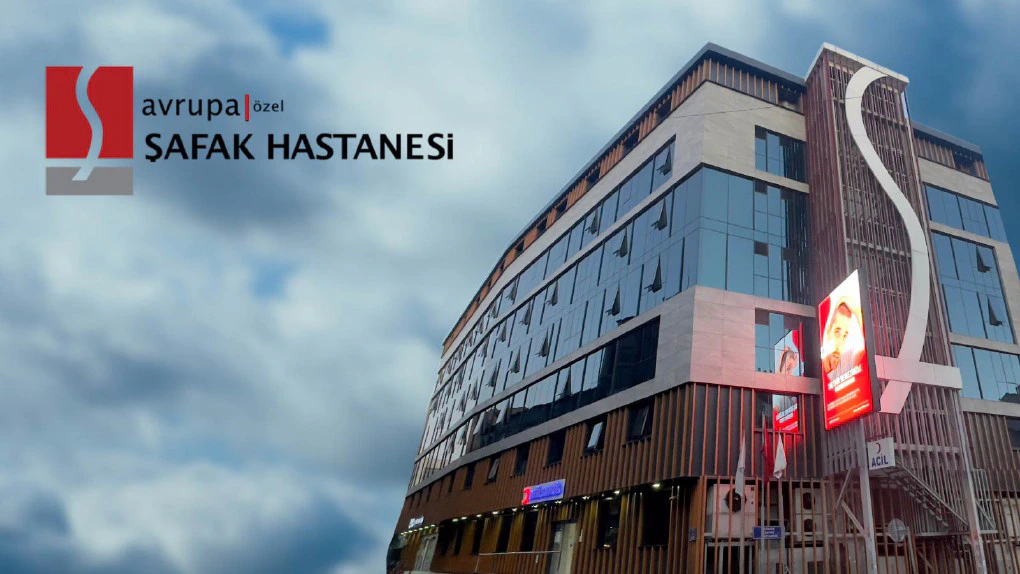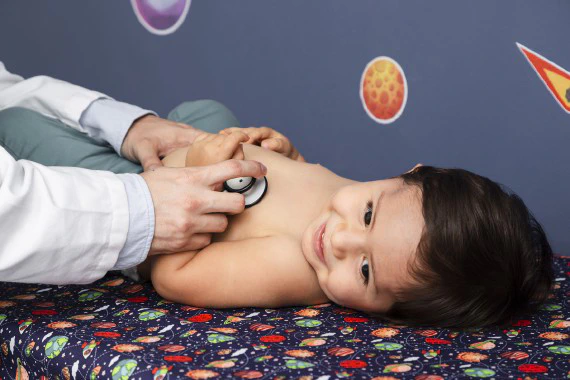
Get Ready for Summer in 5 Steps
1. Pay attention to fluid consumption The calories of the liquid consumed in the summer may not be considered important. …

Anterior cruciate ligament rupture, also known as sportsman’s disease, can be seen in individuals of all ages. This discomfort, which is generally observed to occur after sudden turning and stopping movements in contact sports, reduces the mobility of the patients if not treated correctly, and negatively affects the daily activities of the patients.
Although the anterior cruciate ligament is one of the two ligaments located in and in the middle of the knee joint and crossing each other, they prevent the knee from slipping forward and backward and provide the stability of the balanced rotation of the knee around its own axis. The anterior cruciate ligament prevents the knee from sliding forward and the posterior cruciate ligament prevents it from sliding backward. It lies between the femur (thigh) and tibia (tibia) bones. Anterior cruciate ligament rupture is a common ligament injury in the knee. Since it prevents the knee joint from slipping forward, complaints of discharge and a feeling of insecurity occur in the knee after the injury. In such injuries, the ligament breaks in pieces from where it attaches to the bone in children, while it breaks from the body of the ligament in adults. Twenties and thirties are the ages when anterior cruciate ligament injuries are common.
Pain and swelling in the knee may pass for a few weeks depending on the severity of the anterior cruciate ligament injury. Normalization of knee movements and pain while walking may disappear, but when it is desired to start sports again; difficulties in running, stopping and turning movements are experienced.
If anterior cruciate ligament injuries are not treated, the patient may have cartilage and meniscus damage and this damage may increase over time. Research on the subject has shown that untreated anterior cruciate ligament injuries cause degenerative changes at a rate of 53% after 10 years.
Diagnosis of Anterior Cruciate Ligament Injuries;
First of all, detailed information about the injury is obtained from the patient and the examination is started. If the rate of pain in the knee is high, the patient is called for a second examination within 10 days, as it may not be possible to perform specific examination tests. Specific tests such as Lachman test, Anterior Drawer test, pivot-shift test are applied for the patient in the chronic period, and the diagnosis is made by performing a detailed knee examination. It enables the detection of additional injuries such as meniscus tear, cartilage lesion and other ligament tears by MR method in diagnosis.
Treatment of Anterior Cruciate Ligament Injuries with Arthroscopic (Closed) Surgery;
If the patient can continue his daily life, does not participate in sports activities and can take protective measures against external effects, he may not be treated. Moreover; Surgical treatment is not recommended for patients who will have difficulty in adapting to the rehabilitation program that should be performed in the postoperative period or for patients with low activity levels. In addition, surgical methods should be used in the treatment of anterior cruciate ligament injuries in patients who do sports, have more physical activities in their daily life and are at a young age. While age is an important factor in surgical treatment, the fact that middle-aged and older people can have a lifestyle with a high level of activity may necessitate surgical intervention.
The aim of the surgical operation is to eliminate the feeling of space and insecurity in the knee, to prevent repetitive knee rotations, and to obtain a knee that the person can press safely during sports or challenging activities. The surgical procedure prevents the athletes from returning to the sports level they were in before the injury and prevents new injuries to the knee. During the same surgery, if any, meniscus tears and cartilage damage are also repaired, and wear and tear that may occur in the knee in the coming years is prevented.
There are 3 stages in anterior cruciate ligament injuries: acute period (first 3 weeks), subacute period (4-12 weeks) and chronic period (after 13 weeks). Professional athletes in the acute period should be operated immediately, but if there is no meniscus tear that can be repaired, it should be waited for 3 weeks in patients who do not have sports activities or physical activities to spend high performance in their daily life. Professional athletes need to be operated on in the chronic period because they need to recover as early as possible, while other patients who are found to need surgical intervention can have surgery whenever they want.
Except for surgical treatment; Protective knee pads can be recommended for use in challenging sports, as well as muscle strengthening programs can be applied to reduce the feeling of insecurity and space in the knee.
Although surgical treatment is not the only option, it appears to be the best option when we consider the functional results. Arthroscopic anterior cruciate ligament repair (closed surgery) is the most reliable surgical treatment for anterior cruciate ligament injuries today.
Although the hospital stay of the patient after arthroscopy is 1-3 days, the patient can stand up with support from crutches on the same day after the effect of anesthesia wears off. It is appropriate to start knee movements on the same day or the next day. In the first weeks, the patient walks with support from crutches and without overloading. Although the exercises will enable the patient to gain knee movements in the first three weeks, it may take 6 weeks for the graft tissue placed in the knee to attach to the bone tunnels. After the fifth month, sports activities can be started, but the patient can regain his old health within a year.
Orthopedics Specialist Dr. Ertan Yilmaz
Avrupa Şafak Hospital

1. Pay attention to fluid consumption The calories of the liquid consumed in the summer may not be considered important. …

With the cold weather and the opening of schools, diseases such as colds, flu and colds increased in children. Cough …
Contact us before it’s too late for your health.
Don’t delay your health.